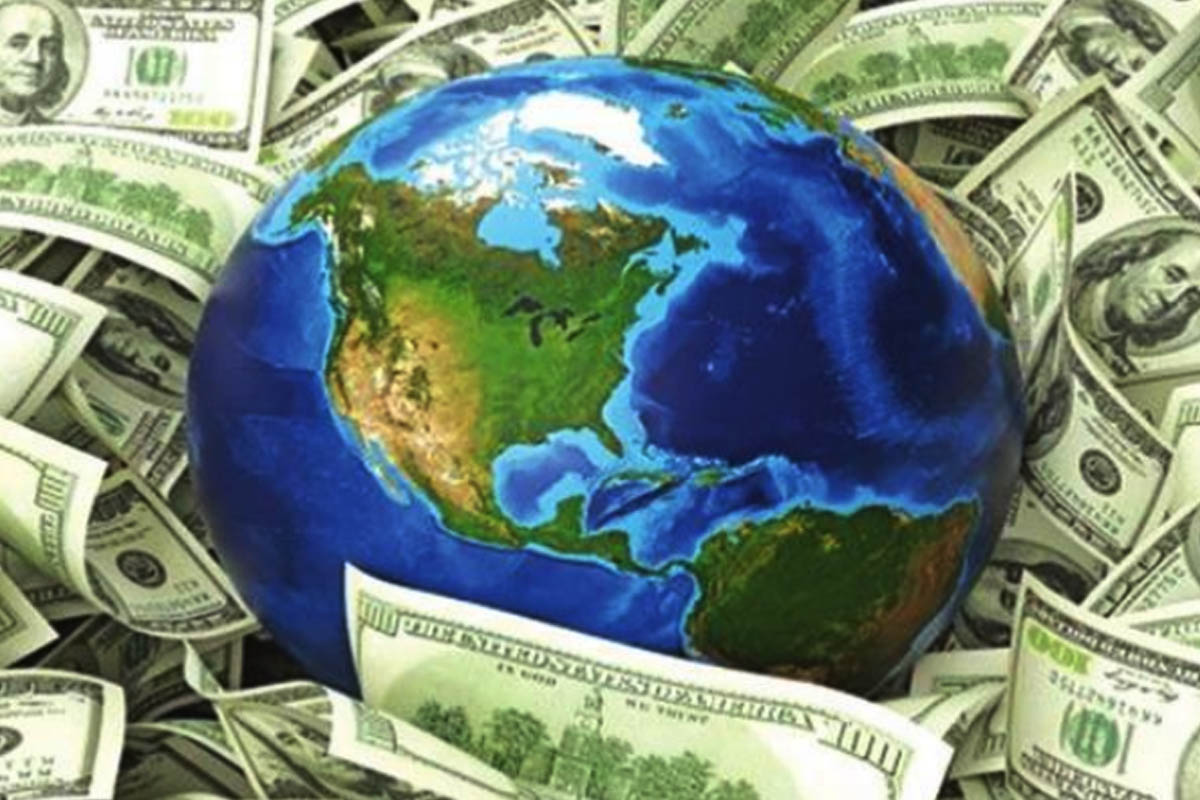Capital’s faces
Decades pass and, although Capital has often been described as an outdated text, the debate surrounding this book persists.
The government claims that it wants to tackle fuel smuggling and give cash payments to the poorest three-quarters of Iran’s 80 million population.

Photo: SNS
Exactly 40 years after the momentous overthrow of the Shah of Iran, an overdose of theocracy has scarcely been able to contain a people’s upheaval. There are no religious underpinnings to the convulsions that Iran has suffered this week.
The riots, though reportedly crushed, are embedded in the deepening economic crisis and the resultant sense of hopelessness, ignited by an almost incredible 300 per cent increase in petrol prices, notably in the province of Isfahan.
Advertisement
The conflict may have abated for a while, but the overwhelming disaffection persists in a nation helmed by a moderate President, Hassan Rouhani, with the Supreme Leader, Ayatollah Ali Khamenei, as the overarching authority.
Advertisement
No critical decision can be announced without the latter’s approval, not least when it pertains to a commodity that is as close to the bone as fuel. The fact that Iran bears witness to the third popular movement in as many years reaffirms what this year’s Economics Nobel prize winners, Abhijit Banerjee and Esther Duflo, would call “poor economics”.
The average Iranian, his patience sorely tried, is up in arms again. If the report furnished by Amnesty International is any indication, there have been at least 143 deaths since unrest broke out on 15 November. The regime claims that 1,000 have been arrested; its detractors suggest four times that number may have been detained.
The upheaval has reached almost endemic proportions considering that 70 per cent of the provinces have been affected.
The reason proffered by the government for the abnormal increase in petrol prices has failed to convince the populace, partially impoverished. Primarily because the reasoning has been binned as a facile excuse for an unaffordable truth.
The government claims that it wants to tackle fuel smuggling and give cash payments to the poorest three-quarters of Iran’s 80 million population. One problem is that the price hikes arrived first. Another is that, owing to official incompetence and corruption, many do not trust the authorities to deliver what they promise. Yet another contretemp is that in many cases the cash will not offset people’s increased fuel costs.
The broader context is of course the US withdrawal from the Iran nuclear deal known as the Joint Comprehensive Plan of Action (JCPOA), and America’s choking of the Iranian economy, already suffering after decades of mismanagement. Inflation and unemployment have soared. The impact has been most severe on the daily struggle of Iranians. The general confusion has been worse confounded with Donald Trump’s America pulling out of the nuclear deal, a move that was followed by crippling sanctions. The Trump administration’s actions have discredited President Rouhani and other reformists. Iranians are unlikely to see significant improvements in their dire economic condition unless this international context changes. The country is in crisis.
Advertisement